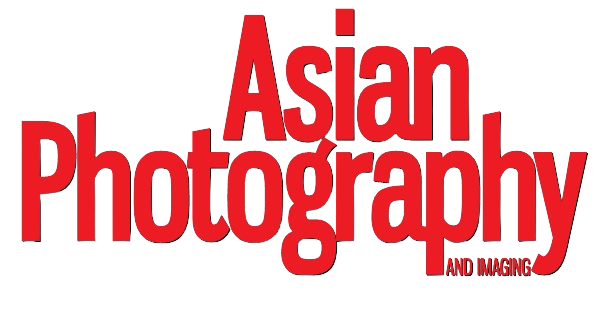In an unprecedented move, one of the largest news agencies in the world changed their policy on shooting and supplying RAW to them. Reuters announced that it has implemented a new worldwide policy for freelance photographers which bans them from sending photos that are processed from RAW files. Ideally it means that photographers/contributors/freelancers will now only send photos that have been originally saved to their
cameras as JPEGs.
According to Petapixel the announcement was made to freelance photographers this week via this short email from a Reuters pictures editor and a Reuters spokesperson has confirmed this policy change. The decision
comes in line increase both ethics and speed. Does this also put an end to long on-going debate of whether photo-journalistic pictures shouldn’t be processed? For a while now there are always discussions on the topics of post-processing of pictures. While many seem to agree that most genres can do finishing, photo-journalism shouldn’t be privy to these applications. The spokes person added that “As photojournalists working for the world’s largest
international multimedia news provider, Reuters Pictures photographers work in line with our Photographer’s Handbook and the Thomson Reuters Trust Principles,” Reuters says. “As eyewitness accounts of events covered by dedicated and responsible journalists, Reuters Pictures must reflect reality. While we aim for photography of the highest aesthetic quality, our goal is not to artistically interpret the news,” Reuters added. Restricting photographers to original JPEGs will also reduce the time it takes for photos to go from camera to client, Reuters says. “Speed is also very important to us. We have therefore asked our photographers to skip labour and time consuming processes to get our pictures to our clients faster.” RAW photos do allow for a greater degree of post-processing flexibility, so based on the new policy, it appears that Reuters found that photos processed from RAWs are more likely
to distort the truth.
